A journalism master’s launched Denise Silfee from teacher to photojournalist and wildlife steward.
Denise Silfee entered the University of Oregon’s Journalism Master's program in 2018 on what she calls a “whim.” She knew she wanted to travel and share people’s stories, and she hoped the program would unite those passions into one career.
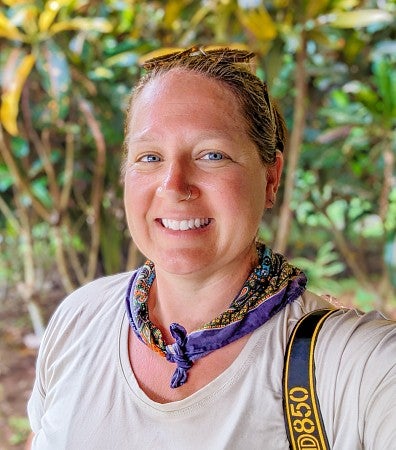
And that’s exactly how it turned out.
During her time at the UO School of Journalism and Communication (SOJC), she learned to create compelling pieces about human existence. This experience not only earned her accolades from professors and published clips, but it also helped her land the job she has today, working at the Adirondack Center for Loon Conservation in New York.
While at the SOJC, one of Silfee’s favorite assignments was a multimedia story focused on Oregon loggers. For an entire year, she immersed herself in the lives of loggers — riding equipment, photographing their work and learning how the industry functions within Oregon’s ecosystem and with consumers.
“One of the best parts of the program was that I got to do a year-long project with loggers,” Silfee said. “It was awesome. I got to hang out with them and step into their lives.”
The story impressed her professors.
“One of Denise’s talents is that people allow her into their lives,” said Professor of Practice Torsten Kjellstrand, who oversaw her on the project.
Desire for career change led to a Journalism Master’s
Silfee says she was always interested in journalism. “At one point in high school, I said I wanted to be a photojournalist because I wanted to travel the world. A teacher told me that I shouldn’t do that because women shouldn’t do jobs like that.”
She took this statement at face value and continued working on her writing. She earned a bachelor’s degree in comparative literature and art focused on writing in 2005, and in 2007 she received her master’s in education.
“Teaching just kind of fell into place, and I enjoyed that for a long time,” Silfee said. “But always in the back of my head was this idea that I would love to see the world.”
Silfee worked as an educator for almost 12 years, eight of them in Oregon. She focused on literary arts, social studies and English at the high school and community college levels. She satisfied her itch to travel by serving in the Peace Corps as an education volunteer in Thailand from 2011-13.
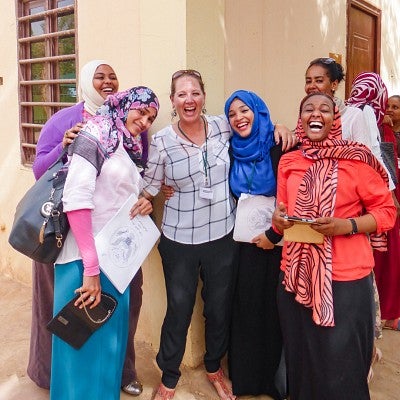
Little did she know, Peace Corps would later open the door to her next adventure.
When she returned from Thailand, she continued teaching but still felt like she hadn’t landed the perfect career.
“I had a desire to make a career change, but I wasn’t quite sure how to get there,” she recalled.
In 2018, she stumbled across a graduate employee position for Peace Corps recruiter at the UO. She got the job, and that allowed her to get her Journalism Master’s tuition-free.
"Aside from making me into the person I am right now and hands-down a better journalist, Peace Corps has lots of ways to support returned volunteers as they pursue graduate work, and I appreciate I got the chance to take advantage of one of them."
Silfee said the Journalism Master’s program was a great fit for her.
“What led me to the program were the things I am passionate about: People and the environment, and people’s stories,” she said.
For Silfee, the most beneficial aspects of the experience were the networking opportunities and being surrounded by peers who were at a similar point in their lives.
“I didn’t know if it was a good idea, so meeting and connecting with other people who were midcareer professionals trying to do something new” helped her gain confidence, Silfee said.
The support of her professors was also critical. “Having people you can go to to ask for advice was really great,” she said. “I learned a ton from Dan Morrison, Torsten Kjellstrand and Lori Shontz.”
When she started, Silfee intended to focus on written journalism, until Professor of Practice Sung Park convinced her to focus on photography, something that has become a large element of her work today.
“I just had it in my head that only really, really talented people were photographers,” Silfee said. “That you had to be this specialized, rare human. But I showed Sung some of my photos and he was very encouraging.”
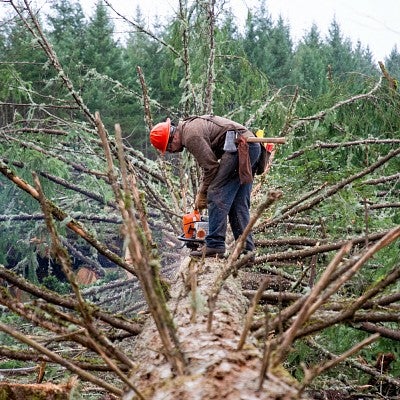
Telling compelling stories with multimedia journalism
Silfee faced immediate challenges after she graduated in June 2020, three months into the pandemic that gripped the world.
“I had, at that point, two small projects and five large projects all lined up that would have carried me through two years of work easily,” she said. “All but one was canceled, and that was really hard.”
Once it had sunk in that there was no end in sight to the pandemic, Silfee pivoted. She began working on a three-year project she views with significant pride. The project, “Why We Build,” was commissioned by the Lane County Health Department. It was a powerful multimedia piece focusing on survivors of suicide attempts in Lane County, where the suicide rate jumped 80% between 2000 and 2020.
Silfee felt the media wasn’t allowing survivors to tell their uncensored stories. She worked directly with all 16 participants, producing writing, audio and photography. She focused on personalizing everyone who participated, showing not only their struggles, but also who they are as people.
“It’s a really important topic,” said Silfee. “Being able to let them share their stories in the way they wanted to felt really important. I was — I am — very proud of that project.”
The Lane County Health Department organized five gallery showings of the project in 2023 around the county.
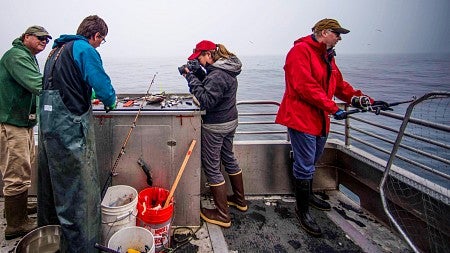
A career change allowed her to focus on photography
Today, Silfee continues to work on a collaborative project that focuses on cultural and environmental science exchanges in Panama. Silfee began working on it in 2019 after Kjellstrand introduced her to people involved in the project, which focuses on university faculty members, Native American students, undergrad STEM students and Indigenous communities in Panama.
“It keeps evolving and changing. It’s hard to touch on everything we’re doing, but it feels really meaningful,” said Silfee, who just returned from her third trip to Panama. A 2022 journal article she co-authored about the project was published in Frontiers: The Interdisciplinary Journal of Study Abroad.
In April, Silfee began working as the education and communications director for the Adirondack Center for Loon Conservation in New York. She manages the environmental stewardship and community-based programs and handles science communication.
Silfee views the 11 years between earning her two master’s degrees as extremely important and recommends a break for students planning on attending graduate school. People going directly into a master’s program after their undergraduate years miss out on the opportunity to figure out where their interests lie beyond an academic setting.
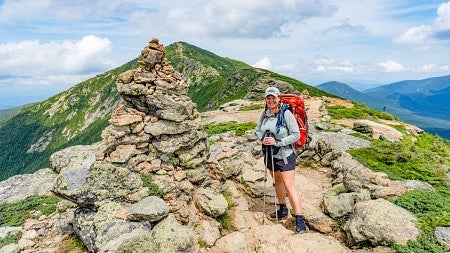
For students interested in journalism, Silfee’s main piece of advice is to figure out what you want your career to look like and find ways to reflect that in your academics.
Silfee has had the opportunity to fine-tune her interests, specifically developing her photography skills from something she viewed as a hobby she enjoyed into a serious element of her career.
Her new role as director at the Adirondack Center allows her to meld her enjoyment of nature and the outdoors with her career, something she views as “awesome” and an “extremely exciting” development in her life.
"I am really enjoying where I am right now,” Silfee says. “I feel like it's the perfect blend of my previous professional experience, my personal interests and the skills I practiced in the journalism program at UO.”
She’s looking forward to seeing where it leads.
“This is probably not where I will stay forever,” Silfee said. “Life is too short and the world is too big to not keep trying to see and experience more of it. But each little chapter is a chance to learn and grow and opens up future opportunities and directions that I can't see right now, and that's exciting to me."
—By Ethan Donahue, class of ’26
Ethan Donahue is a journalism major with a double major in history. He is part of the School of Journalism and Communication’s direct-admit and honors programs. He is also part of the Clark Honors College. He holds an interest in investigative and conflict journalism and is working on a thesis focusing on how journalism, propaganda and the U.S. government interact during conflicts.
